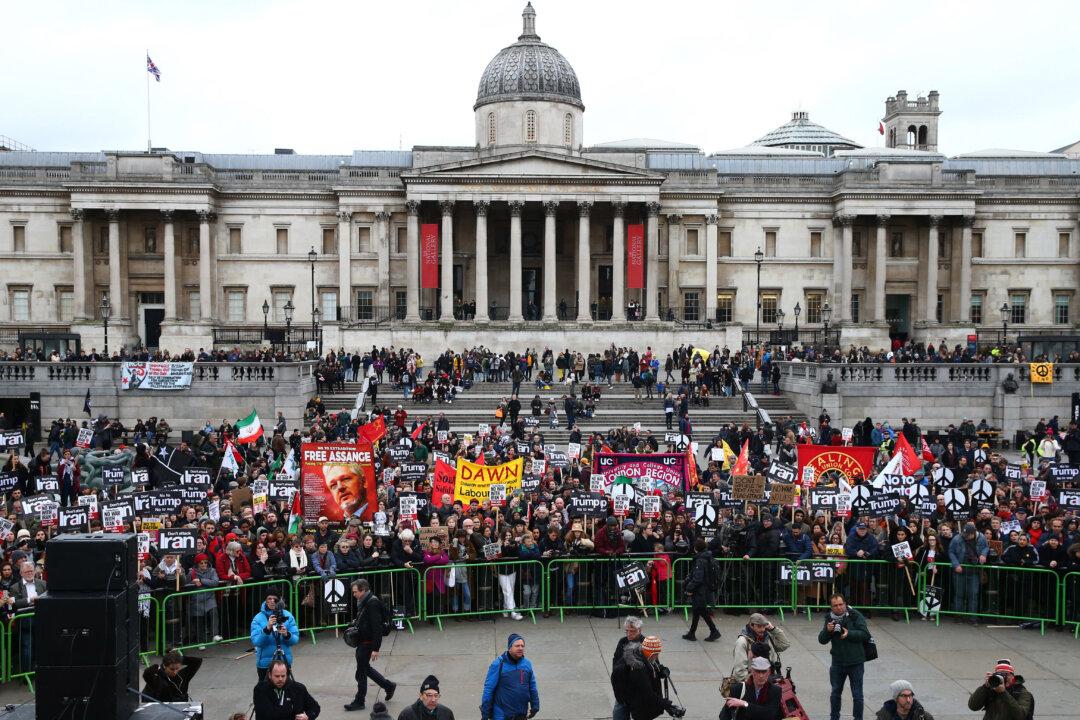Iran is increasingly interfering with the UK to achieve its objectives and must now be seen as a top-tier threat, British think tank the Henry Jackson Society (HJS) warned.
The activities include encouraging Scottish separatism and attacks against Israel, Saudi Arabia, and global counter-terrorism efforts, according to a 100-page report (pdf) published by the HJS on Monday.





